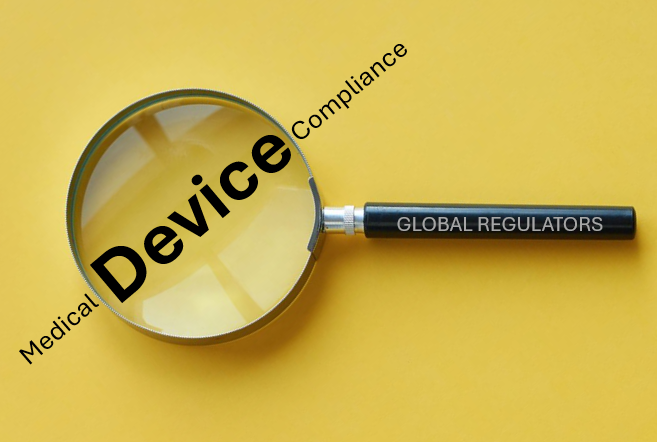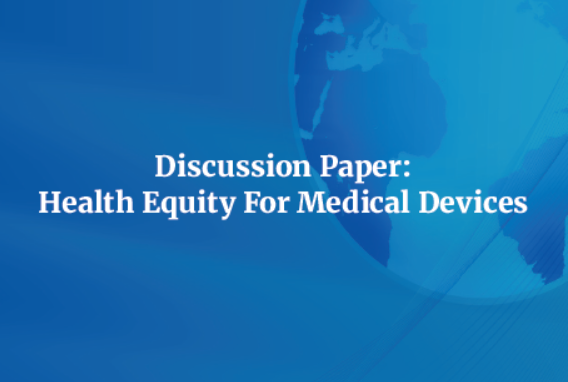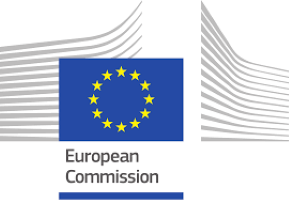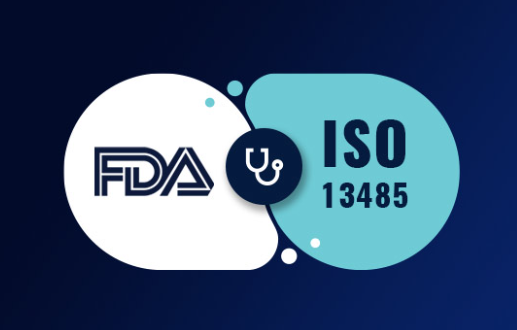

Five startups selected to participate in Memphis area Accelerator following The comprehensive 13-week go-to-market program is specifically designed to support medtech startups through essential business development stages.

Five startups selected to participate in Memphis area Accelerator following The comprehensive 13-week go-to-market program is specifically designed to support medtech startups through essential business development stages.

MTI Regulatory Report 2024 data overwhelmingly suggests regulatory resources throughout the industry are being stretched. Time/Bandwidth is the top medical device regulatory challenge faced during 2024, potentially leading to industry-wide regulatory fatigue and driven by changing global compliance regulations in recent years.

The MDIC Annual Public Forum 2024 kicked off this week with experts from the National Evaluation System for health Technology (NEST), the Centers for Medicare and Medicaid Services (CMS), and the FDA. Topics included the future of real-world evidence (RWE) and the integration of AI into the healthcare ecosystem and how can we leverage emerging technologies to bring innovative and safer solutions to patients.

MedTech organizations need to focus on the human factor of change and achieve top-down alignment, buy-in, accountability, and clear communication along the way.

Recently, biocompatibility consultant, MedTech enthusiast and chemist, Marina Daineko, shared a series of LinkedIn posts defining, medical device biocompatibility and the need for a Medical Device biological risk assessment “framework.” Following is a reposting of Marina’s original LinkedIn series.

In the light of new research, Peter Muller and Mike Baird of Schlafender Hase assess how well Class 2 and 3 device manufacturers in Europe and the US are adapting to a rise in regulatory controls.

The U.S. Food and Drug Administration’s (FDA’s) Center for Devices and Radiological Health (CDRH) has developed a discussion paper, Health Equity For Medical Devices, and seeks input from the public on advancing health equity on the context of medical devices.

Q2/24 Life Science and Health Care Law Updates by Hogan Lovells including key trends in the EU and Big Five (France, Germany, Italy, Spain, UK) regulatory, corporate, compliance, competition, and privacy.

nsuring the safety and efficacy of medical devices/IVDs is paramount in the healthcare industry. This critical objective is achieved through comprehensive risk management practices, and two key frameworks play a crucial role: ISO 14971:2019 and the FDA Quality Management System Regulation (QMSR). This essay explores their individual contributions and how they work synergistically to enhance medical device safety.

Navigating the conformity assessment process – examination of a manufacturer’s technical documentation and quality management system – requires a thorough understanding of the different routes and options available for various risk classifications of medical devices and IVDs, while knowledge of the conformity assessment process helps manufacturers prepare effectively and manage expectations. This blog offers guidance for creating successful conformity assessments.